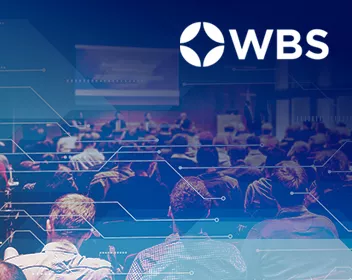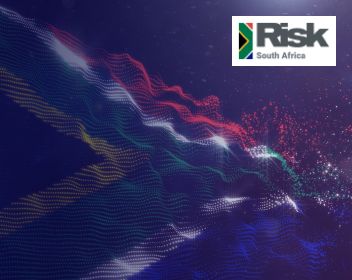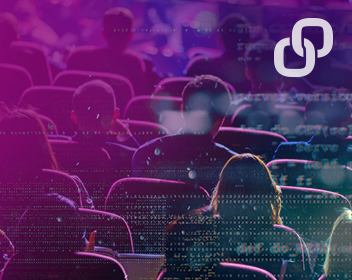CompatibL’s Head of Quant Research, Alexander Sokol, and Standard Chartered Bank’s Head of Data Analytics, Alexei Kondratyev, will discuss the future of quantitative finance at Risk Live on Friday November 13, 2020. The talk will focus on the use of modern machine learning algorithms to deal with long risk horizons in market generator models.
Alexander and Alexei will present a new type of machine learning based market generator that can be used to solve the long-standing problem of generating market scenarios for long time horizons (from 1 year to 30 years) when the historical time series is of insufficient length or contains gaps. In addition, they will demonstrate the accuracy of the generated scenarios on a large cross-sectional sample of interest rate and FX data.
About Risk Live
Risk Live is an annual event that brings the entire risk management ecosystem together in one place. It is a pioneering festival of ideas that shows what is changing in the industry, how companies are adapting, and how you and your business can get ahead and cope with radical changes in risk management and risk transfer markets.
The festival will take place as a virtual event on November 9–13. The talk will be available for registered users to catch up on demand after the event.
Sign up for the event here.
About Alexander Sokol
Alexander Sokol is the founder, Executive Chairman, and Head of Quant Research at CompatibL. He is also a co-founder of Numerix, where he served as CTO from 1996 to 2003, and a co-founder of Duality Group, where he served as CTO from 2017 to 2020.
Alexander won the Quant of the Year Award in 2018 together with Leif Andersen and Michael Pykhtin, for their joint work revealing the true scale of the settlement gap risk that remains even in the presence of initial margin. Alexander’s other notable research contributions include systemic wrong-way risk (with Michael Pykhtin, Risk Magazine), joint measure models, the local price of risk (with John Hull and Alan White, Risk Magazine), and mean reversion skew (Risk Books, 2014).
Alexander earned his BA from the Moscow Institute of Physics and Technology at the age of 18, and a PhD from the L. D. Landau Institute for Theoretical Physics at the age of 22. He was the winner of the USSR Academy of Sciences Medal for Best Student Research of the Year in 1988.


